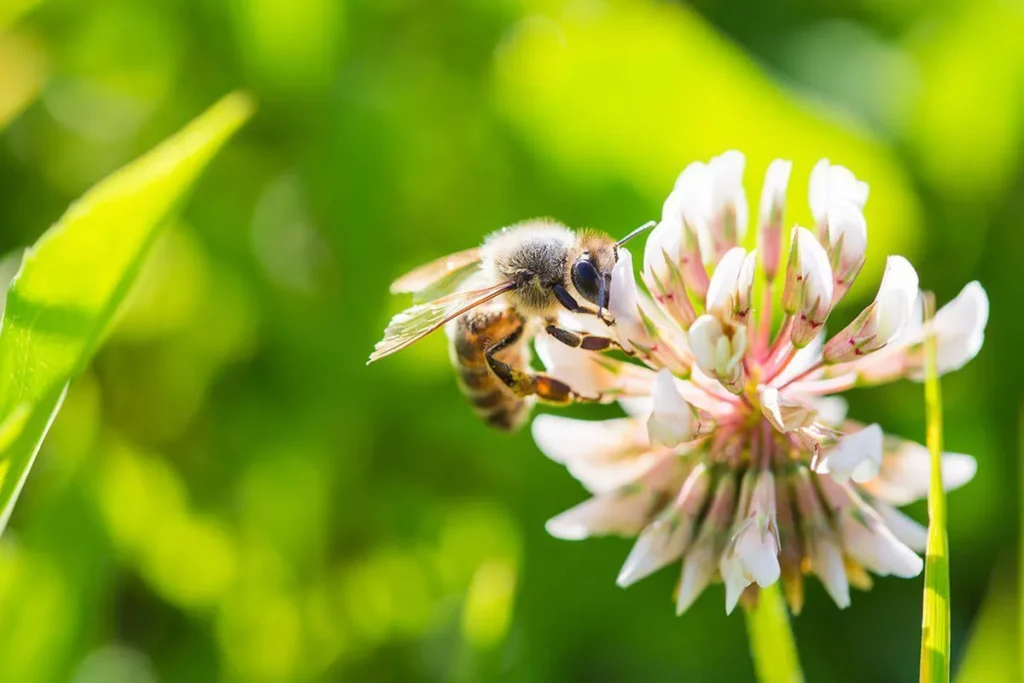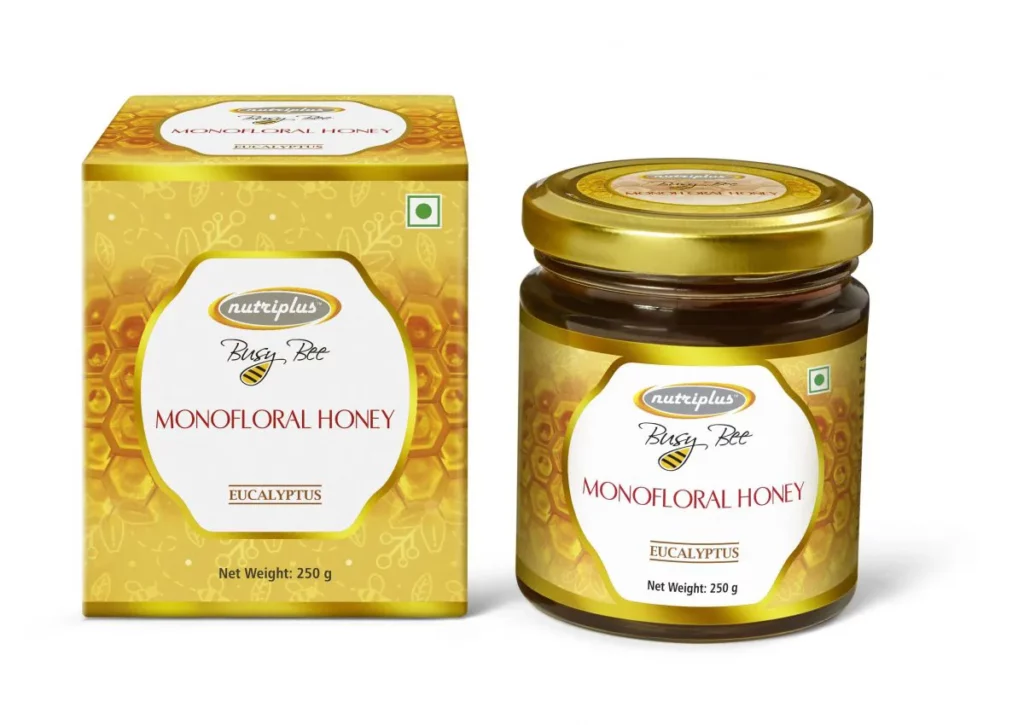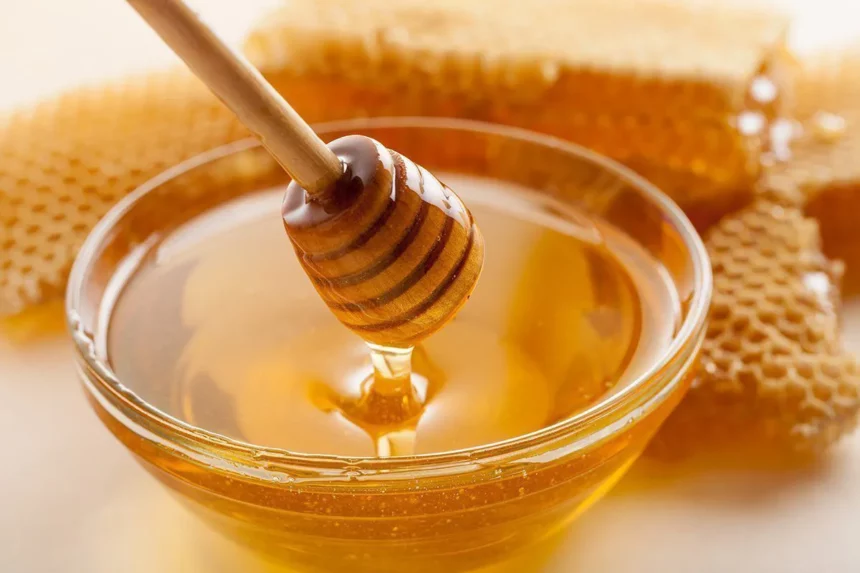The theme for this year’s International Day of Biological Diversity is “Our Biodiversity, Our Food, Our Health”. The event draws on the fact that the state of the planet’s biodiversity is crucial to our wellbeing. Human consumption has taken a toll on the planet and with a million species now on the verge of extinction, the impact has never been more visible than it is today.
The decline of pollinating insects, like bees, is a serious issue in a long list of potential threats. Their role as pollinators is essential to a sustainable and diverse ecosystem. Reduced pesticide use, smarter bee-keeping practices, and sustainable farming are just some of the ways to arrest their decline.

As producers of honey, bees have supplied human beings with a potent natural elixir for generations. At QNet India, we’re proud to produce and market monofloral honey through sustainable and bee-friendly methods. Read on to find out more about why you should explore ways to add this superfood to your everyday life.
Of all the remedies alternative medicine has to offer, honey stands out as a natural, versatile, and durable option. The Egyptian, Assyrian, Chinese, Greek, Roman and Indian civilisations have been known to use it extensively since the olden days both as food and medicine. In fact, human consumption of this golden nectar dates back to over 8000 years. Honey was highly valued in traditional medicine the world over, given its numerous health benefits. In India, Ayurvedic practitioners employed honey (known as Madhu) to sweeten, preserve, amplify potency and control the side effects of their preparations.
Honey can vary greatly in taste, colour, and texture depending on numerous factors including climate, location, landscape and nectar source. Despite these variations, honey can be classified into two basic categories, namely monofloral and polyfloral. The polyfloral variety is produced from a mixture of nectars from various flowers. Monofloral honey, however, is made predominantly from the nectar of a single species of flower. This imbues it with a distinctive flavour, texture, aroma and some health benefits intrinsic to its source. Monofloral honey production is quite complex, which is why it’s usually sold at a premium.
One of the highly regarded flavours of monofloral honey is the eucalyptus variety. Eucalyptus honey is made from the nectar of eucalyptus flowers and has a robust aromatic and flavour profile. It is moderately sweet and generally medium to dark in colour, but can vary depending on geography, weather and climate among other factors. Not only is eucalyptus honey delicious, but it also boasts many health benefits. Its versatility means that you can use it for making healthy snacks packed with anti-inflammatory goodness.
If that’s not enough, here are some great reasons to turn you into a true-blue honey lover:
Provides relief from cold, cough and flu
Eucalyptus honey is an excellent decongestant. Its antibacterial and anti-inflammatory properties can help relieve blocked nasal passages, sore throat, cough and other respiratory discomforts.
Boosts immunity
Eucalyptus honey contains abundant antioxidants in addition to antimicrobial and antibacterial properties that can fortify the immune system, safeguarding the body against illness.
Treats digestive discomfort
When consumed on an empty stomach in the morning, a tablespoon of this honey can help heal gastric issues as well as maintain the gut flora. Also, drinking tea or milk with eucalyptus honey is an effective natural remedy for constipation.
Prevents premature ageing
Honey from eucalyptus flowers is a source of potent antioxidants like polyphenols and flavonoids that can fight cell damage and oxidative stress caused by free radicals resulting in healthier and younger looking skin. A local application can also help with other skin conditions like acne, eczema, and sunburn.
Heals wounds quickly
Eucalyptus honey contains hydrogen peroxide, a known antimicrobial compound. Applying it on wounds, ulcers, burns, cuts, sores, abrasions, insect bites and stings is a great way to quickly disinfect them and speed up recovery.

Consider incorporating honey into your daily diet either as a dietary supplement or a natural sweetener. It is important to note that not all honey is created equal. Exercise caution and read the label to ensure that the honey is pure and free of any added sugars or adulterants. If you happen to be in the market for a natural, additive free and ethically sourced honey, you could check out QNet products that include Nutriplus™ Busy Bee Monofloral Eucalyptus Honey. Harvested from apiaries located in eucalyptus groves of the Nilgiri hills, our eucalyptus honey is 100% pure, natural and unprocessed, making it the perfect choice.
Also Read:








